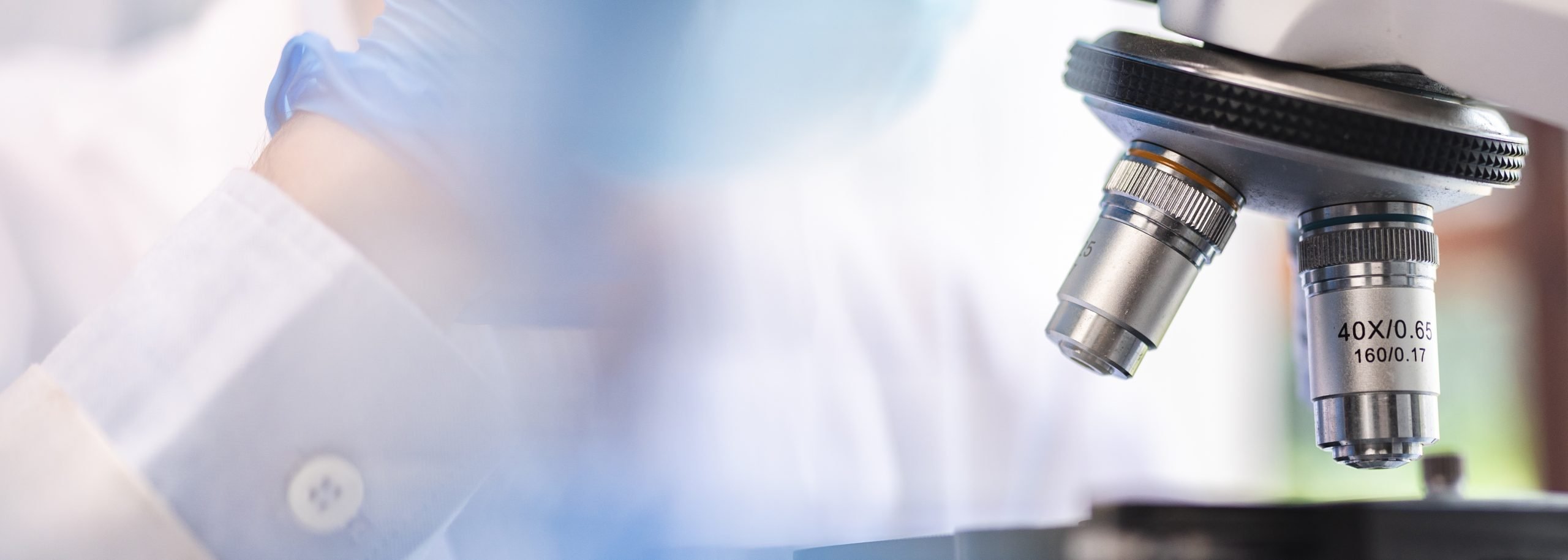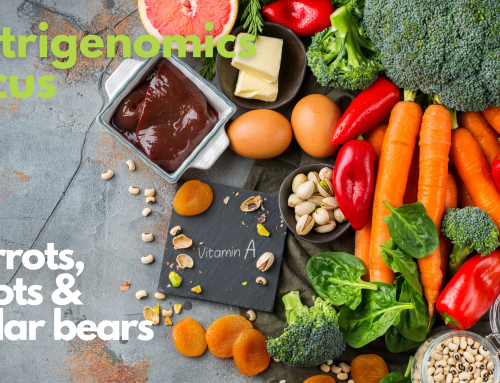“Four out of five of the herbal supplements tested contained none of the labelled ingredients”
The media love to pounce on findings that indicate supplements don’t work, in order to decry the whole of the supplement industry. There is no doubt that, with such a confusing array of nutritional and herbal supplements available online, in healthfood stores, and even on supermarket shelves, it’s difficult to know which ones are worth the money. And because the industry is unregulated (or self-regulated) there are a great many supplements that are substandard, ineffective or even harmfully contaminated.
So how do you identify a product that is going to provide precise levels of the active ingredients at high levels of potency and purity? A good rule of thumb is to buy supplements that are targeted at health professionals for use with their clients. But even within that market, the quality and potency vary widely according to laboratory evaluations, so it’s worth teasing out a few criteria.
The pointers below are fairly stringent, and may not be practical for everyone unless you’re working through a nutritional therapist/functional medicine doctor who has access to professional-standard brands. It may be difficult for the layperson to ascertain whether certain products fulfill these criteria, but if the first rule of pharmaceutical standard GMPs is in place, then the rest should also follow. With that said, these are the ideals to aim for:
- Manufacturing is done in-house using pharmaceutical levels of GMP (21 CFR, part 211). If it says “manufactured according to GMPs” and doesn’t specify what level of GMP, then it will be food-grade, which has much greater tolerances, and so may not contain the amounts stated on the label.
- Laboratory testing of herbal products in the UK and USA have shown high levels of fake and non-labelled ingredients. For example, four out of five herbal supplements tested by the New York Attorney General’s office in 2015 were found to contain none of the ingredients on the label. https://nypost.com/2015/02/04/most-herbal-supplements-arent-what-you-think-they-are/
See also: http://ca.movies.yahoo.com/blogs/healthy-living/herbal-supplement-scam-dna-tests-reveal-fake-200700726.html and
https://www.herbalmedicineuk.com/two-in-five-health-supplements-may-not-contain-what-they-claim-on-the-label/
As regards herbal products, those regulated as a “Traditional Herbal Medicinal Product” are reliably high quality, whereas other herb-containing food supplements are often contaminated or poor quality: https://www.ncbi.nlm.nih.gov/pmc/articles/PMC9393483/ - Every batch from every supplier is tested. This is important, because suppliers generally only test the raw materials they buy in on an ad hoc basis, so it’s never a given that what they are supplying to the manufacturer is what they say it is, or has the desired potency or purity. One pharma-grade manufacturer reports having had to return a batch of supposed vitamin B12 to the supplier because the pink powder supplied contained no B12 whatsoever. They then ordered a replacement batch from a different supplier. What arrived was jaw-dropping: it was the same batch from the first supplier, resold to the second supplier and sent complete with the manufacturer’s rejection label still stuck on it!
- The company has its own R&D department and is contributing to scientific progress, which is reflected in its formulations.
- The particular form of nutrient is selected for its efficacy, rather than for cost. For example, D-alpha tocopherol is preferred over DL-alpha tocopherol, which is the synthetic form and about 7 times less effective (and potentially treated as a toxin by the body).
- The manufacturer has a stability testing programme to ensure products meet label claims throughout the product shelf life.
- Products are tested for dissolvability and dissolve within a short time once swallowed. Poor quality tablets may not break down properly, and may even make it all the way down and out of the digestive tract intact!
- Active ingredients are in therapeutic doses and not (generally) RNI/RDA amounts. For example, the UK RNI for vitamin D is 10 µg (400 IU), whereas a therapeutic dose usually starts at 5-10 times that amount (2000 – 4000 IU).
- The products don’t contain unnecessary excipients (fillers etc.). For example, some high-street supplements contain talc, which potentially contains asbestos. Excipients are necessary but should be carefully and scientifically selected to ensure they have no negative impact.
- The form a supplement comes in depends on the active ingredients and the audience. Children may be better off with a gummy or chewable, but this has the disadvantage of some nutrients (especially minerals) not being suitable for use in chewables because of their unpleasant taste. Liquids and powders also generally have sugar or artificial sweeteners added to them to make them palatable, and sweeteners can negatively impact the gut microbiota. In general, the stability and shelf life of tablets is better than that of liquids or gummies.
If you would like further advice on what supplements may be suitable for your needs, why not book a nutritional therapy consultation. Contact us here:





Leave A Comment